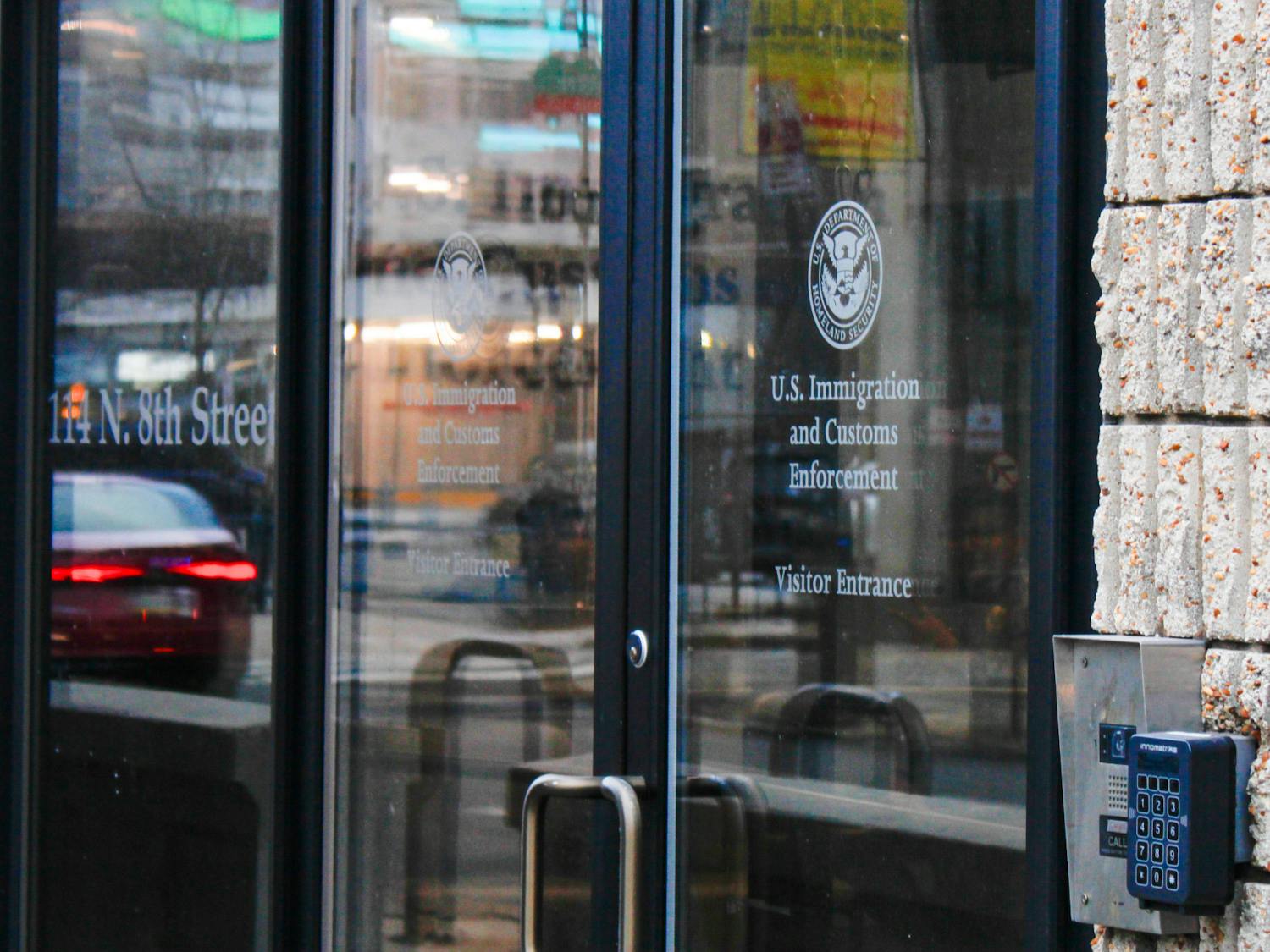At a press conference last month before a group of 5,000 minority journalists, President George W. Bush was asked whether colleges should remove legacy consideration from the admissions process. The question came from Roland Martin, a syndicated columnist and member of the National Association of Black Journalists.
Bush, apparently following the advice of his Department of Hypocrisy, responded, "Well, I think so. Yeah. I think it ought to be based on merit." For those unaware, Bush got into Yale despite mediocre SAT scores, because his father and grandfather both went there. Then, despite achieving a solid C-average in college, he went on to attend Harvard Business School.
The president is a poster child for riding on the coattails of your family to positions of success and prestige. Is it unfair? Perhaps, but I'm not here to debate the merits of President Bush (I'll leave that to Kevin Collins). Bush touched on a more interesting topic that directly relates to life here at Penn: the role of legacy in college admissions. The consideration of legacy status is a perfectly legitimate and appropriate step that Penn should use in admissions (and no, I'm not a legacy).
The University does not deny that legacy plays a role in the process. The school's application notes that, "Children and grandchildren of alumni who wish to receive maximum consideration for the legacy affiliation are urged to apply Early Decision." The statistics show that legacy students get a preference when it comes to college acceptances. The class of 2008 had an overall admit rate of 21 percent, while the admit rate for legacies was 37 percent. There is clearly a difference, but is such a large discrepancy warranted? For an explanation, I turned to Dean of Admissions Lee Stetson.
When I asked about the official role that legacy plays in the admissions process, Dean Stetson remarked that legacies' applications are given special consideration, but there is more emphasis placed on legacy in the Early Decision round than during regular decision evaluations. While preference is given, the role that it plays in the admissions process is not absolute. Remember, nearly two-thirds of all legacies were not accepted.
Dean Stetson went on to say that the role played by the alum at Penn is considered. It's not enough to say that your parent went here. Admissions officers examine the overall level of commitment to the University -- including time and energy contributions, as well as the financial ones. So someone like Stephen Wynn's kid is going to warrant a closer look than your run-of-the-mill alum's grandchild. But Dean Stetson insisted that the ultimate issue is whether or not the student will thrive at Penn.
He defended the policy by saying that alumni are the taxpayers of this school. We depend on them for the contributions that lead to a Huntsman Hall or a Weiss Tech House. We depend on the alumni to build a community over time that transcends generations. Such a community benefits all students, not just legacies. It's in the University's best interest to strive to achieve such a goal. Legacy is a means to that end.
Jon Huntsman gave $40 million for the construction of his eponymous hall. Can you really deny that it's in the University's best interests to accept his children if they decide to apply? How could it not be? What does the University gain from denying such applicants? The alleged moral high ground? That's great, but moral supremacy isn't going to build new buildings.
If Penn rejects Huntsman offspring, we risk losing a huge contributor the school. If Penn accept such applicants, we are accused of patronage and "destroying the academic integrity of the school" regardless of how much money is thrown in our coffers. It's a perceived lose-lose situation, but it should not be.
Such fears are unsubstantiated and unwarranted. For the Class of 2007, fewer than six percent of all applicants had legacy status. Only about 12 percent of the Class of '07 is made up of legacies. So it's not as though this issue is a huge one threatening the University's well-being. While Dean Stetson noted that no official statistics are kept, he dispelled any belief that the children of alumni cannot compete academically at Penn. The perception may be that there is a big difference in qualifications, but in reality, there's not. Surely some decline in academic standards would have been noticed by now if there were.
Using legacy in the admissions process is a legitimate University action in furtherance of a legitimate University objective. That objective is to make the University a better place for students past, present and future. Whether through financial contributions or time commitment, alumni giving is encouraged by considering legacy -- which, in the big picture, makes Penn a better place.
Craig Cohen is a Wharton junior from Woodbury, N.Y. He Hate Me appears on Fridays.








